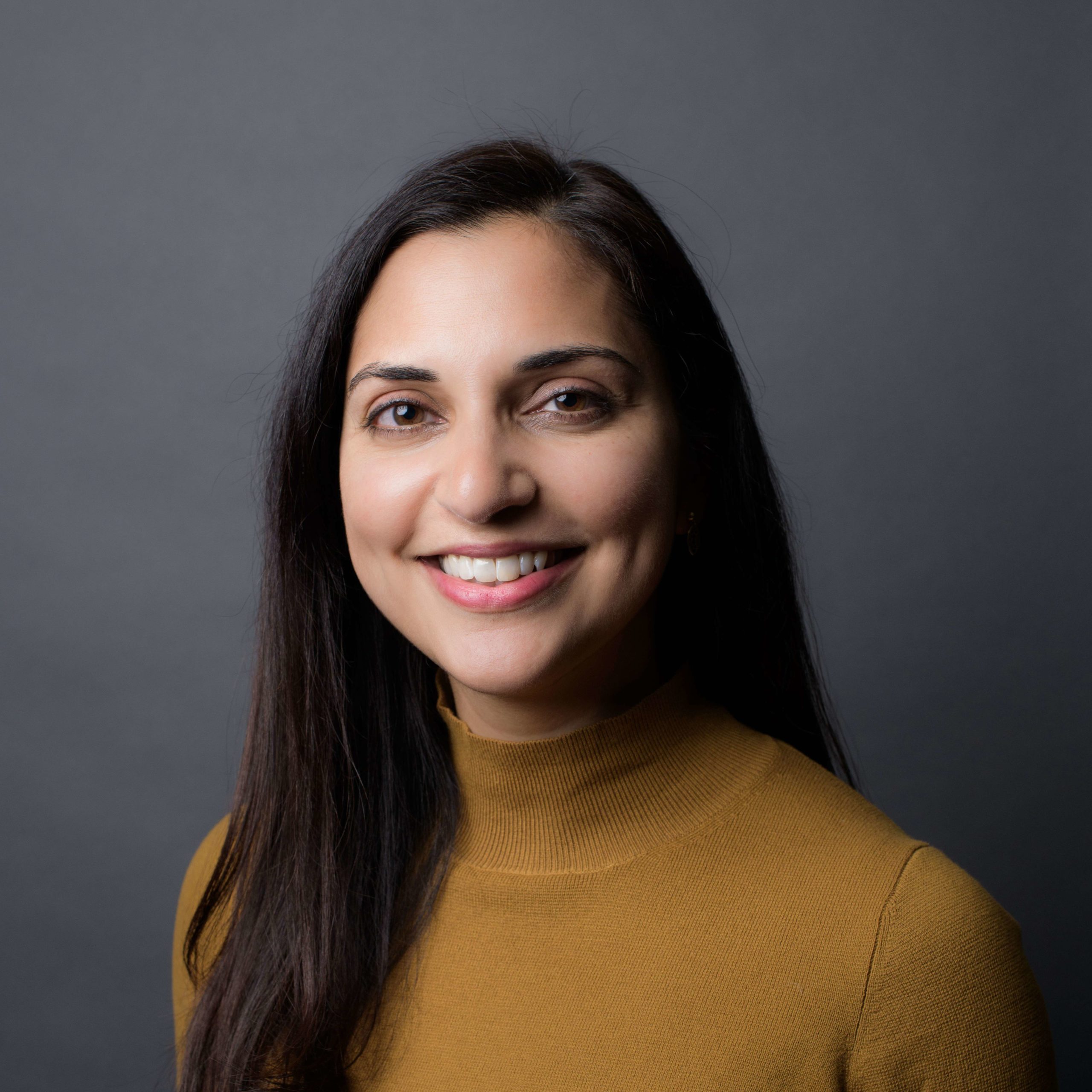Medha Makhlouf, JD
Associate Professor of Law & Medical-Legal Partnership Director
Cohort Year:
2020
Bio
Medha D. Makhlouf is a professor of law and the founding director of the Medical-Legal Partnership Clinic at Penn State Dickinson Law. She is also an assistant professor (by courtesy) in the Department of Public Health Sciences at Penn State College of Medicine.
Professor Makhlouf’s research interests lie at the intersection of health law, immigrants’ rights, and poverty law and policy. Her current work focuses on immigrant access to health care and the many ways in which immigration status functions as a social determinant of health. Professor Makhlouf’s scholarship has been published in the New York University Law Review, the Boston University Law Review, California Law Review Online, the Yale Journal of Health Policy, Law & Ethics, and several other academic journals. Professor Makhlouf was selected as a Health Law Scholar by the American Society of Law, Medicine & Ethics and the Saint Louis University Center for Health Law Studies based on the originality of the thesis of her article, “Health Justice for Immigrants,” and its contribution to the scholarly literature. Her work on changes to public charge policy has been cited by litigants and amici curiae in four federal lawsuits challenging the 2019 regulations expanding the scope of public charge inadmissibility.
As director of the Medical-Legal Partnership Clinic, Professor Makhlouf supervises law students in direct representation of individuals who have health-harming legal needs. The Clinic aims to reduce health disparities and improve health in vulnerable communities through collaboration with medical providers and public health practitioners. Currently, the Clinic focuses on representing immigrants in matters involving access to health-supporting public benefits. Professor Makhlouf was named a 2020 Atlantic Fellow for Health Equity to support the Clinic’s work.
Professor Makhlouf received her undergraduate degree magna cum laude from Brown University and her law degree from Yale Law School. After law school, she served as a public interest fellow at the Political Asylum/Immigration Representation Project in Boston and at Asylum Access in Quito, Ecuador; as an associate attorney at Ropes & Gray LLP in Boston; and as the Medical-Legal Partnership Staff Attorney at the Central West Justice Center in Worcester, Massachusetts. She joined the faculty of Penn State Dickinson Law in 2015.
Professional Interests & Expertise
Learn more about Medha's work:
INTRODUCTION: Medical-Legal Partnerships: Equity, Evolution, and Evaluation
Uninsured immigrants in the United States significantly delayed the initiation of prenatal care after the changes to the Public Charge Rule
Interagency Dynamics in Matters of Health and Immigration
Addressing the Harms of Bureaucratization in the Public Home Care System
Expanding Access to Health Care for DACA Recipients
Highlighting State Innovation to Close Coverage Gaps in Perinatal Care for Noncitizens
Stemming the Shadow Pandemic: Integrating Sociolegal Services in Contact Tracing and Beyond
Faster is not always better: we must reform the asylum process the right way
Immigration Reforms as Health Policy
Mind the Gap: Immigration Policies Can Harm Health Outcomes in the USA
Opinion: Biden must stop using ‘public health’ excuse to immediately expel migrants
Towards Racial Justice: The Role of Medical-Legal Partnerships,
Setting the Health Justice Agenda: Addressing Health Inequity and Injustice in the Post-Pandemic Clinic and Injustice in the Post-Pandemic Clinic
A Pathway to Health Care Citizenship for DACA Beneficiaries
Health Care Sanctuaries
An equitable distribution of COVID-19 vaccine must include noncitizens
The Ethics of DNA Testing at the Border
Immigrants and Interdependence: How the COVID-19 Pandemic Exposes the Folly of the New Public Charge Rule
Addressing Racism through Medical-Legal Partnerships
Laboratories of Exclusion: Medicaid, Federalism & Immigrants
Immigrants and Interdependence: How the COVID-19 Pandemic Exposes the Folly of the New Public Charge Rule
